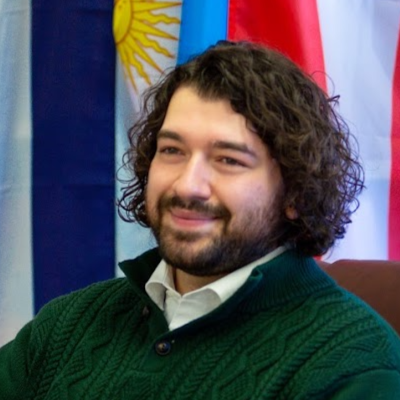World Languages

World Languages Curriculum Philosophy
In accordance with the Philosophy of Curriculum for the Franklin Township District, the World Language Department believes that the continuous and consistent study of a world language fosters respect for the cultural and linguistic diversity that exists in our society. Our curriculum provides an emphasis on communication via immersion in the target language and engages students of all learning styles through activities and assessments geared towards three modes of communication:
Interpersonal
Interpretative
Presentational
Our goal is to prepare students for life beyond high school by promoting interaction with people of other cultures, by making connections to other disciplines and by using authentic materials to simulate real life language experiences.
To achieve the vision, the curriculum must:
Be standards-based
Include authentic cultural experiences
Promote the idea of a global society
Emphasize the development of fluency and the ability to communicate
Incorporate all modes of communication: interpersonal, Interpretative, and Presentational
Expose students to the target language in an immersion setting
Promote and incorporate communicative strategies on a daily basis
Use authentic materials
Address Communication, Cultures, Connections, Comparisons and Communities in a balanced way.
Assess students in all modes
We will know we have achieved this vision when our students:
Move from one proficiency level to the next.
Can engage in oral or written discourse in the target language in real life situations at their level of proficiency in all three modes.
Compare and contrast age and level appropriate culturally authentic materials orally and in writing.
Use language in a variety of settings to further personal, academic and career goals
Demonstrate comprehension of spoken and written language as expressed by speakers of the target language in formal and informal settings through appropriate responses according to their proficiency level

